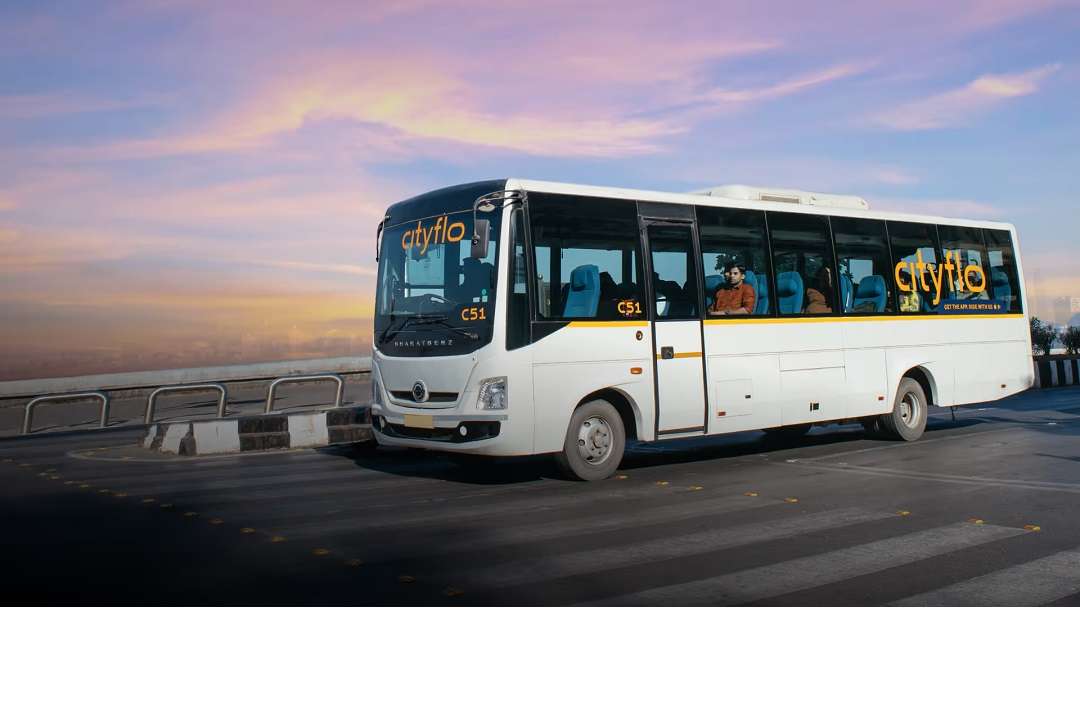Komorebi Tech Solutions, the parent company of the urban mobility platform Cityflo, has established a joint venture named Urban Glide in partnership with Globus Trans Solutions LLP. This venture marks the company’s formal entry into India’s public bus transport sector under the Gross Cost Contract (GCC) framework. Urban Glide is set to begin operations with 500 buses in its first year, aligning with the broader national transition of more than 200,000 state-owned buses to public-private operational models. The total addressable market is estimated at ₹100,000 crore annually.
The GCC structure entrusts private fleet operators with service delivery responsibilities, while the government retains control over routing and fare structures. This arrangement has shown proven results in other jurisdictions, including Singapore and the United Kingdom, by leveraging private sector operational expertise without relinquishing regulatory oversight.
Urban Glide is being developed in collaboration with Globus Trans Solutions LLP, a firm led by public transport veteran Victor Nagaonkar, who served for over four decades with Brihanmumbai Electric Supply and Transport (BEST), and Sunil Solanki, who brings experience from several major transit bodies including Pune MahanagarParivahanMahamandal Ltd (PMPML). The joint venture is structured to leverage their extensive expertise in large-scale public transport operations.
Initial operations will cover 150 buses in the Mumbai Metropolitan Region (MMR), with further expansion planned across multiple Indian cities as GCC contracts continue to be issued. The venture aims to implement systems focusing on fleet lifecycle management, trained personnel, data-driven route planning, and standardized safety protocols.
India’s public transport system has traditionally been managed by State Transport Undertakings (STUs), which have faced persistent issues related to inadequate funding, deteriorating vehicle conditions, and suboptimal commuter services. The shift to a GCC-based model seeks to improve service quality and operational efficiency by introducing private sector accountability and investment.
The Urban Glide platform is being developed to operate at industrial scale, combining fleet financing, maintenance infrastructure, driver workforce management, and digital route optimization tools. This approach is intended to align with evolving public expectations and regulatory mandates, particularly in urban and semi-urban markets.
The GCC framework also includes provisions such as government-backed electric vehicle subsidies and a Payment Security Mechanism designed to reduce financial risk for private operators. This environment requires disciplined execution from participants, with an emphasis on compliance, safety, and long-term investment strategy.








